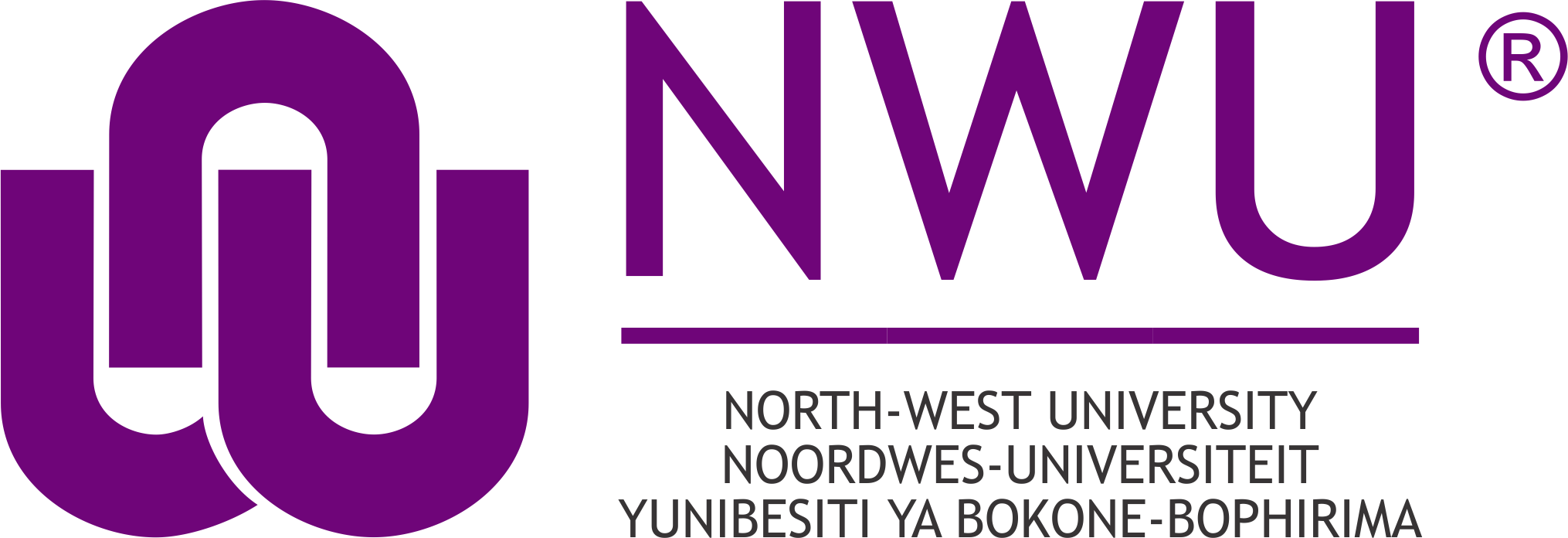NWU academic presents inaugural lecture on micro-econometric modelling
Prof Abayomi Samuel Oyekale from the Mafikeng Campus of the North-West University (NWU) kick-started the first of six inaugural lectures for the 2017 academic year, on 14 March 2017, with his lecture: "Micro-econometric modelling in applied economic research: the pains, pitfalls and paradoxes".
In this lecture, Prof Oyekale - whose research focuses on the application of micro-econometrics in environmental, health and development economics - discussed salient issues which researchers and students must take cognisance of in the course of carrying out micro-econometric modelling. He also focused on data and estimation problems, as well as the types and choices of econometric models.
"Micro-econometric modelling is necessary to safeguard the economic system from misfortunes of misinformed policies. Present development in the discipline had been facilitated by econometric analyses, with several scholars applying microdata to verify economic theories and making informed policy decisions," he said.
"This lecture is also taking place at a time when policymakers are in search of dependable solutions to many pressing problems within the economy. Specifically in today's Africa, persistent poverty, inequality, food insecurity, low agricultural productivity, natural resource degradation, health challenges and many others are pressing issues for which reliable solutions could be obtained through micro-econometric modelling," added Prof Oyekale.
Prof Oyekale is a recipient of several research and academic excellence awards from a vast array of institutions, including the NWU. He has also served as a consultant to the United Nations Development Programme, the National Fadama Development Programme, and the World Bank and African Economic Research Consortium.
Since being appointed as associate professor in the Faculty of Agriculture, Science and Technology in April 2012, six PhD students have graduated under his supervision. In addition, he also supervised more than 20 masters' and more than 70 honours' students.
